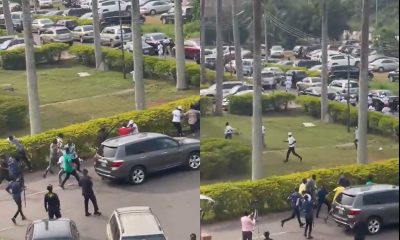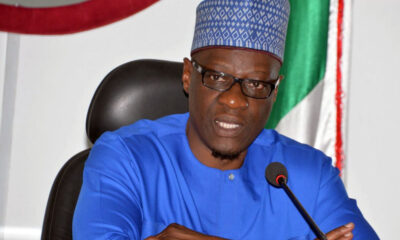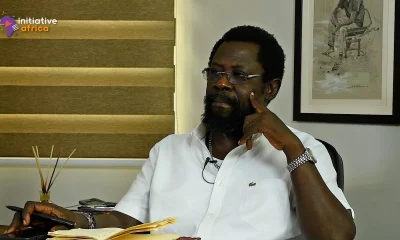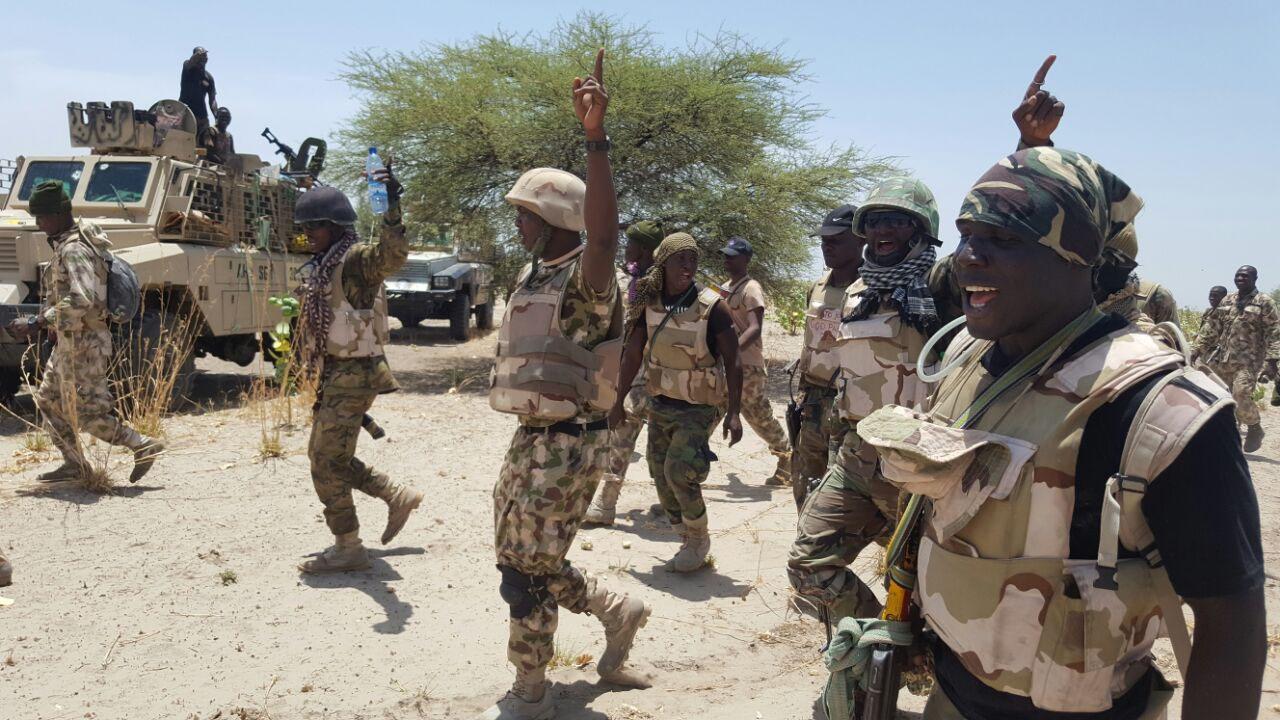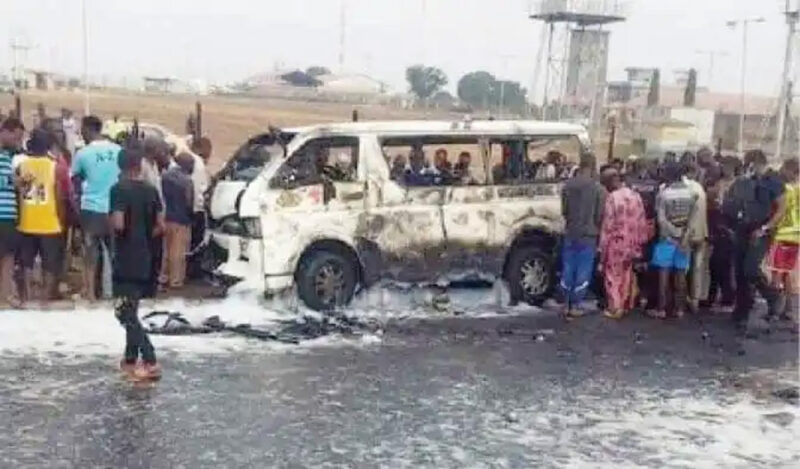Suspected IPOB members kill two soldiers in Imo
The Nigerian Army has confirmed the death of two soldiers and the theft of their weapons by operatives of the Eastern Security Network (ESN), the militant arm of the Indigenous People of Biafra (IPOB).
IPOB is a separatist group advocating for the creation of the Republic of Biafra, citing longstanding grievances over the marginalization of Nigeria’s South-East region since the Biafra-Nigeria civil war.
In a statement released on Saturday, the Nigerian Army explained that the incident occurred in Osina, Ideator North Local Government Area of Imo State, when troops from the 34 Artillery Brigade, returning from a routine patrol, responded to an emergency call about an attack on Osina Community by IPOB/ESN forces.
The statement revealed that upon arrival, the troops engaged the “terrorists” with overwhelming firepower, resulting in casualties among the attackers. However, the Army did not provide specific numbers, only noting that the “dissidents” eventually withdrew in disarray.
“Unfortunately, two security agents had been killed in action and one other missing in action, with their weapons—a AK-47 rifle and a tear gas launcher—being seized by the terrorists,” the statement said.
READ ALSO:
The Army confirmed that the bodies of the fallen soldiers had been recovered, and the troops pursued the fleeing militants.
“Contact was again made with the criminal IPOB/ESN elements at Nkwachi Community, and in the firefight that ensued, one of the dissidents was neutralized while others, unable to withstand the troop’s firepower, retreated into the nearby forest. One AK-47 rifle with a fully loaded magazine was recovered, ” the statement said, adding that the troops continued their pursuit into Umalouma forest, where another intense exchange of fire took place.
“The dissidents eventually abandoned their weapons due to the troops’ superior firepower and scattered into the dense forest with severe gunshot wounds. An additional four AK-47 rifles, one Fabrique Nationale rifle, and two magazines were recovered,” the statement added.
The Army assured the public that operations would continue, with efforts to track down and eliminate the remaining criminals. “Further exploitation is ongoing as troops continue to track down the injured terrorists and flush them out of their hideouts and treatment locations,” the statement stated. “We urge all IPOB/ESN elements and other criminals hiding in the bushes to surrender to the nearest troops or face defeat, as the Brigade will ensure that the people of Imo celebrate the Yuletide season in peace, free from fear or intimidation.”
The Nigerian Army also called on the people of Imo State to continue providing timely intelligence to assist in the fight against criminal elements and help rid the state of lawlessness.
Suspected IPOB members kill two soldiers in Imo






